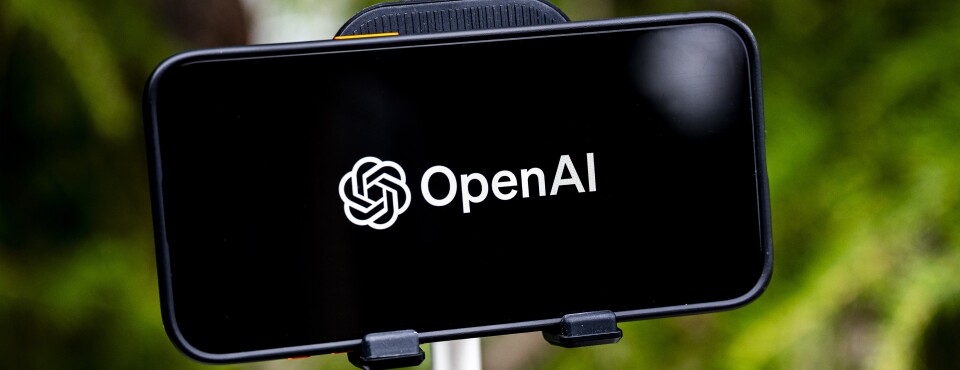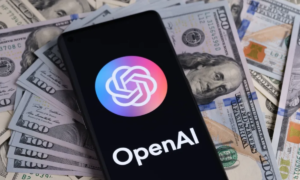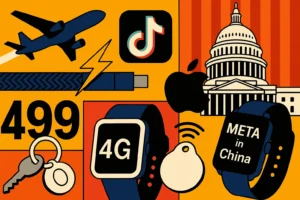Authors Argue for Dismissal of Subpoenas Against OpenAI Literary Agency

Overview of Subpoenas in AI Copyright Cases
In recent weeks, the use of subpoenas by OpenAI has come under scrutiny in a significant copyright case concerning artificial intelligence (AI). The legal intricacies surrounding these subpoenas highlight the broader implications for literary agencies and authors involved.
Understanding Subpoenas
A subpoena is a legal document that orders an individual or organization to testify or produce evidence in a legal proceeding. In the context of the ongoing case, OpenAI issued eleven subpoenas to various literary agencies, which the authors involved are contesting. They argue that these requests are excessive and seek information that has already been deemed irrelevant by a federal judge.
Authors’ Concerns
The plaintiffs in this case, a group of authors, are expressing strong disagreement with the subpoenas issued by OpenAI. They describe these demands as “burdensome” and are seeking to have them rejected. According to their filing in the U.S. District Court for the Southern District of New York, these subpoenas are not only overreaching but also constitute an attempt to bypass the previous court decision that already denied similar requests for information.
Key Arguments Against the Subpoenas
Relevance of Information: The authors argue that the information being requested through the subpoenas has already been deemed irrelevant by the court in a prior ruling.
Burden on Agencies: Since the authors possess the documents requested by OpenAI, the subpoenas create unnecessary burdens on the literary agencies being subpoenaed. This situation raises questions about the efficiency and appropriateness of the legal tactics being employed.
- Legal Precedents: The legal teams for the authors reference a previous motion to quash the subpoenas, arguing that OpenAI’s attempts to gather information are not only repetitive but also disregard procedural norms that protect non-parties from excessive legal demands.
Legal Implications for Literary Agencies
The outcome of this case could set important precedents regarding the power and limits of subpoenas in the realm of copyright and AI. Literary agencies may need to consider their roles as non-parties in such disputes and how they manage requests for information from larger entities like OpenAI.
Possible Effects on the Industry
- Future Legal Tactics: If OpenAI’s subpoenas are upheld, it might embolden other companies in the tech industry to pursue similar aggressive legal strategies.
- Impact on Authors’ Rights: The way this case unfolds could influence how authors protect their works and manage their relationships with literary agencies.
The Bigger Picture
The legal battle between OpenAI and the authors involves broader discussions about AI, copyright, and the rights of content creators in a rapidly evolving digital landscape. The outcome will not only affect the involved parties but also provide insights into how the legal system navigates the complex intersections of technology and intellectual property.
With the increasing relevance of AI in content creation and distribution, the ongoing developments in this case may shape the future framework for copyright protection and the responsibilities of AI entities in the literary world.






